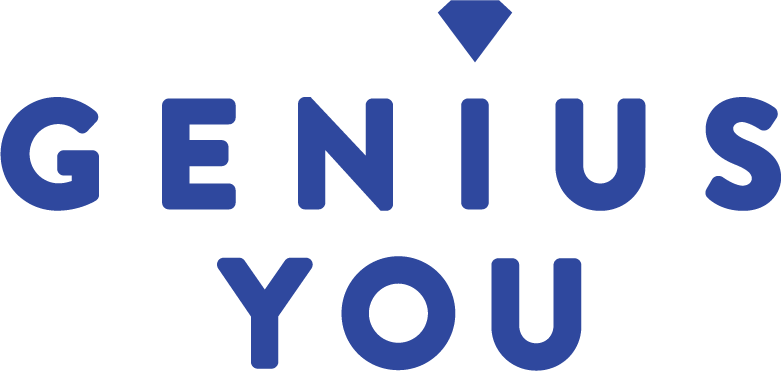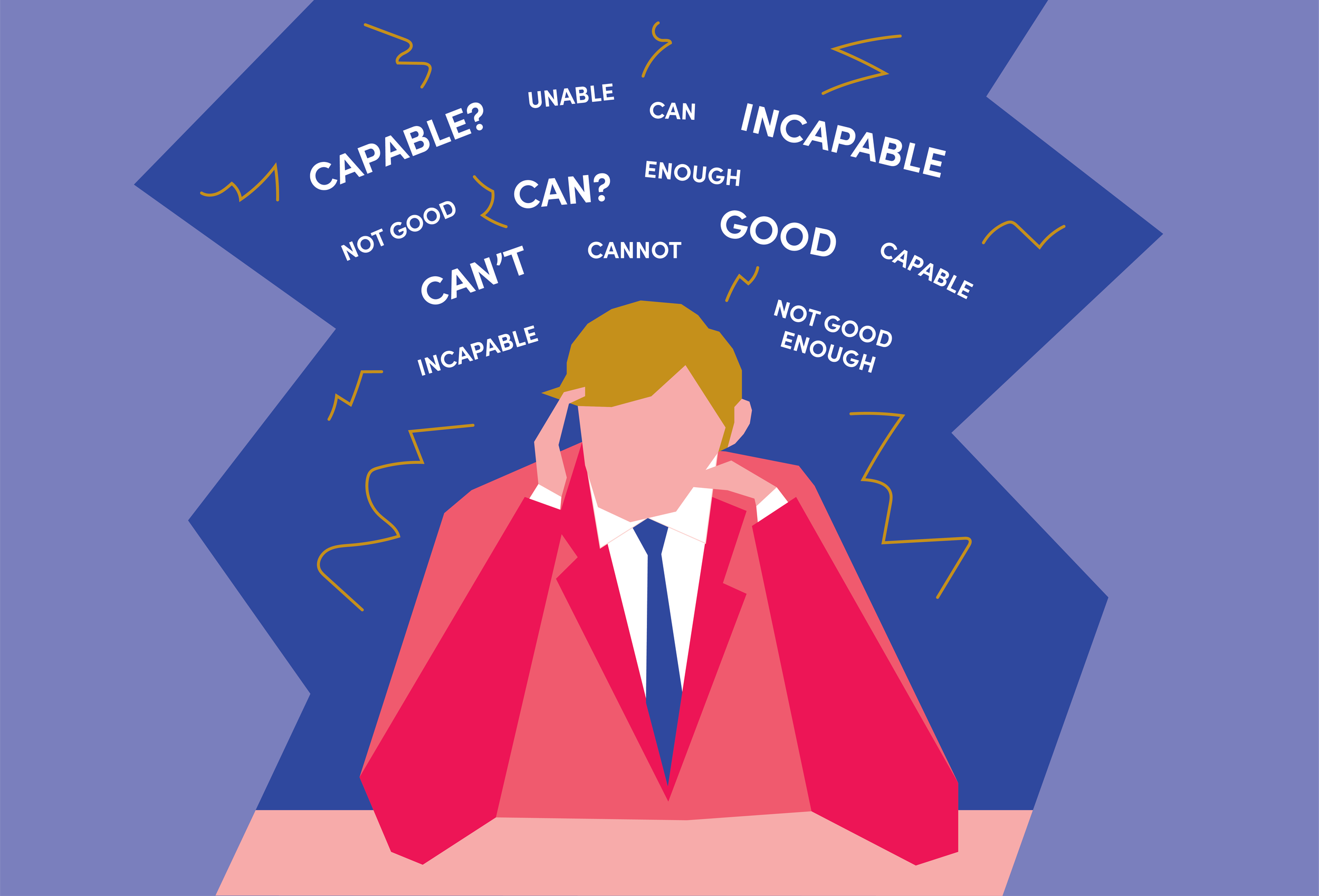Doubt derails success: It's the emotional barrier few overcome
Doubt is an emotion that often traps us, causing fear, imposter syndrome, and sometimes failure without us ever realising it's a crucial part of the journey to self-belief.
As a personal transformation strategist and founder of Genius You, I have observed that emotions are powerful forces that can either propel us forward or leave us feeling stuck. However, many do not realise that doubt is simply part of the process.
Emotions like doubt, fear, and discomfort are often seen as signals that something is wrong. There is a common misconception that experiencing doubt means one is not good enough, but it is actually a natural part of learning and growth.
The real issue is that these feelings are often interpreted as a lack of ability rather than recognising them as signs of progress.
Doubt is part of growth
The journey from novice to expert isn't just about acquiring knowledge and practising skills. Emotions play a crucial role in skill development, but they are rarely acknowledged. Many people get stuck, mistaking their emotional discomfort as a sign of failure or inadequacy.
Feeling uncertain at the beginning of any new endeavour is normal. That doubt indicates something important, like perhaps not being experienced enough. But instead of giving up, one must keep practising and solving problems. Over time, expertise and belief in oneself are built.
One must advocate for oneself
Emotions affect our mindset and can influence how we are perceived in the workplace. People often complain about leadership taking away opportunities. However, have they advocated for themselves? The discomfort people feel when putting themselves forward is usually due to emotions like fear of rejection or failure.
In Kiwi culture, self-promotion is often seen as crass. This emotional discomfort is rationalised as humility, but it's fear holding people back. One can be humble and still advocate for oneself.
Opportunities are not given; they are taken. If one does not ask, leadership will default to those who do. The key is not to stop asking, even when it feels uncomfortable.
Lean into discomfort
When people move away from opportunities because "it doesn't feel right," they often do so to avoid discomfort. Growth is uncomfortable, but the more one leans into it, the easier it becomes. Discomfort is a natural part of the process; once accepted, it becomes easier to push through.
By understanding emotions rather than avoiding them, we can make better decisions and progress in both our personal and professional lives.
We're taught from a young age to interpret emotions in a very simplistic way. As adults, we must learn to work with them rather than letting them hold us back.
Your early programming from childhood may still dominate your emotional responses, but that doesn't mean you can't reframe how you approach your emotions.
Takeaways for moving forward:
Support system: Find someone you trust to support you in making decisions. This reduces the emotional weight of decision-making.
Truth statement: Focus on what you truly believe rather than what you feel in the moment. For example, "I deserve this promotion" is a truth that can override temporary doubt.
Self-observation: Take a step back and observe yourself as both the actor and the director of your life. This allows you to evaluate yourself more objectively.
Emotions are not meant to be barriers but signals to understand and work with. Once you learn to navigate them, doubt becomes just another step on the path to belief.

